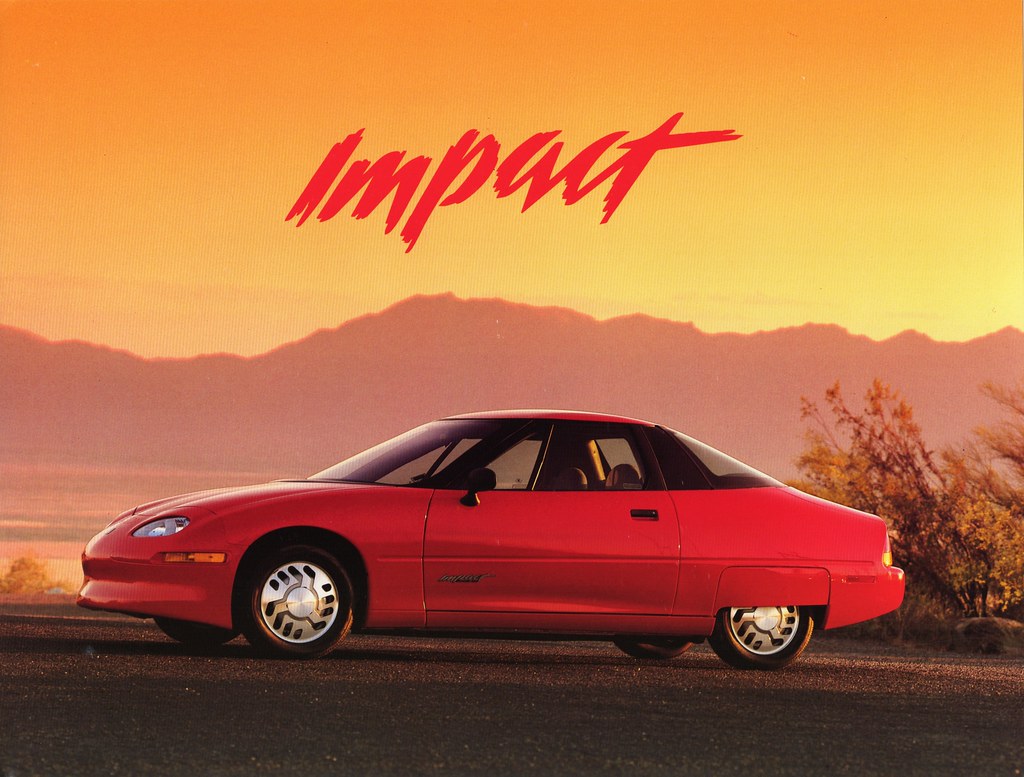In a move that underscores the growing concern over privacy in the digital age, General Motors (GM) has ceased sharing its customers’ driving behavior data with data brokers. This decision comes in the wake of a New York Times report and a subsequent lawsuit that brought to light the extent of data sharing between GM and the insurance industry, potentially affecting millions of drivers.
For years, GM had been providing information on drivers’ mileage, braking, acceleration, and speed to LexisNexis Risk Solutions and Verisk. These firms would then create driver risk profiles, which were sold to insurers. The data was collected through OnStar Smart Driver, an optional feature in GM’s internet-connected vehicles that tracks driving habits and offers feedback and digital badges for good driving.
However, the practice came under scrutiny when some drivers, including Romeo Chicco from Florida, noticed their insurance rates had increased. Chicco’s lawsuit alleges that GM, OnStar, and LexisNexis violated privacy and consumer protection laws by sharing his driving data without his consent, leading to higher insurance rates. The complaint describes the data sharing as an “invasion of privacy” and claims it caused “significant emotional distress.”
In response to the controversy, GM has taken a definitive step to rebuild customer trust. Kevin Kelly, a GM spokeswoman, stated, “OnStar Smart Driver customer data is no longer being shared with LexisNexis or Verisk. Customer trust is a priority for us, and we are actively evaluating our privacy processes and policies.” This change took effect on March 20th, indicating GM’s commitment to addressing privacy concerns.

The issue at hand is not unique to GM; it reflects a broader trend across industries where consumer data is often collected and shared with little transparency. Erik Gordon, a professor at the Ross School of Business at the University of Michigan, points out that this practice is widespread and often buried in the fine print of user agreements.
The implications of this case extend beyond GM and the automotive industry. It raises questions about the ethics of data sharing and the need for clear, informed consent from consumers. As vehicles become more connected and data-driven, especially with the rise of electric vehicles, the industry must navigate the delicate balance between leveraging data for innovation and respecting individual privacy.
GM’s decision to stop sharing driving data with brokers marks a significant moment in the ongoing conversation about data privacy. It serves as a reminder that in the digital era, transparency and trust are paramount. As we move forward, it’s clear that companies will need to be more vigilant in protecting consumer data and ensuring that privacy is not an afterthought but a cornerstone of their operations.
Related posts:
General Motors Quits Sharing Driving Behavior With Data Brokers
GM cuts ties with 2 data firms amid heated lawsuit over driver data
General Motors Quits Sharing Driving Behavior With Data Brokers





